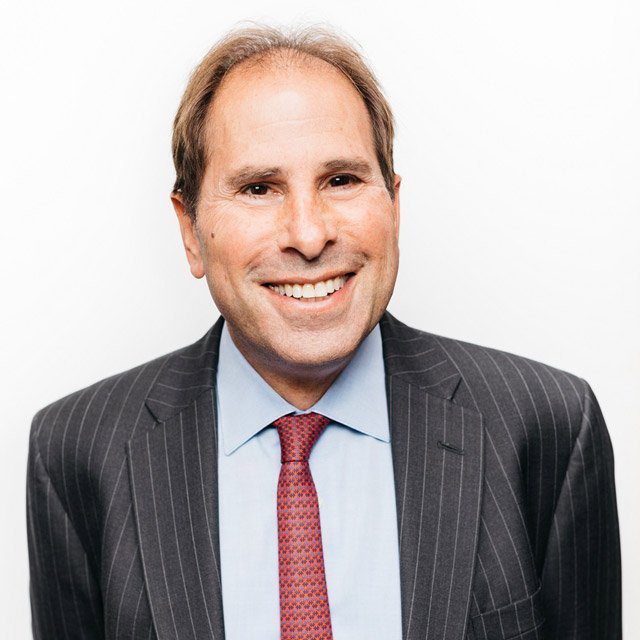4 Questions for a Market Lacking Direction

4. How does China balance the need for growth with a mounting COVID crisis?
Later this year, the Chinese Communist Party will hold its 20th National Party Congress. Chinese President Xi Jinping faces a variety of challenges as he seeks a third five-year term as party leader. It appears likely that China will increase fiscal and monetary stimulus to meet ambitious growth targets, though stimulus will likely fall far short of prior stimulus levels.
China’s zero-COVID policy is an obstacle to achieving growth targets, and with social unrest about lockdowns becoming highly visible, there may be some softening of the zero-COVID policy before the Party Congress. Given the high degree of policy uncertainty and the opaque regulatory agenda in China, the “fog of uncertainty” remains high.
U.S. Outlook
The risk of a U.S. recession in 2022 remains low, though 2023 may be a different story. Personal and corporate balance sheets are strong, households accumulated savings during the pandemic, and labor markets are tight. TS Lombard’s Steve Blitz has observed that no recession has started with negative real interest rates; real rates are still in negative territory. Also, as J.P. Morgan’s Michael Cembalest points out, “there has never been a recession without a large spike in jobless claims.”
The risk of recession outside the U.S., however, is higher than it was before Russia invaded Ukraine. Slower growth and stickier inflation is a far more likely scenario for the U.S. this year than a recession or an outbreak of stagflation.
Economic and earnings growth should continue to exceed pre-pandemic levels, though rising wages and interest rates will pressure corporate profit margins and valuation multiples. Valuations in the U.S. remain above long-term averages but have corrected meaningfully. In addition, valuations are much higher for the 10 highest weighted stocks in the S&P 500 Index than for the remaining 490 stocks.
What It Means for Advisors
With uncertainty at extreme levels and the wide range of potential answers to the questions posed above, it is important to balance the need for capital appreciation with the need for capital preservation. Advisors should consider the following positioning thoughts:
Shorter-term bonds offer more value today than has been the case in recent years. Two-year Treasury notes yield nearly 2.5% today; a year ago the yield was less than .25%. Shorter-term corporate and municipal bonds have seen similar trajectories over the past 12 months. Interest rates could go up further, eroding the value of short-term bonds, but this segment of the market has an arguably much-improved outlook from that earlier this year.
The market correction in growth and innovation-focused holdings, particularly in small-company growth, has been somewhat indiscriminate. There are opportunities in stocks that have sold off in response to rising interest rates, but until the interest rate and growth picture is clearer, growth stocks will be volatile.
Value holdings remain an important component in a diversified portfolio, particularly those that benefit from economic reopening and spending on climate change and defense.
International and emerging markets equities are trading at lower valuations relative to the U.S. than in decades. But without clarity on the path forward in Ukraine and China, international and emerging markets stocks could continue to stay cheap. Catalysts for a closing of the valuation gap could come if fiscal and monetary policy work together in Europe or if China finds a successful path away from the zero-COVID policy.
Given expectations that inflation will come down from current levels but ultimately remain above pre-pandemic levels, advisors should consider the impact of inflation on holdings and purchasing power.
Daniel S. Kern is chief investment officer of TFC Financial Management, an independent, fee-only financial advisory firm based in Boston. Prior to joining TFC, Daniel was president and CIO of Advisor Partners. Previously, Daniel was managing director and portfolio manager for Charles Schwab Investment Management, managing asset allocation funds and serving as CFO of the Laudus Funds. Daniel is a graduate of Brandeis University and earned his MBA in finance from the University of California, Berkeley. He is a CFA charterholder and a former president of the CFA Society of San Francisco. He also sits on the board of trustees for the Green Century Funds.






